How will the Internet of Things change our lives?
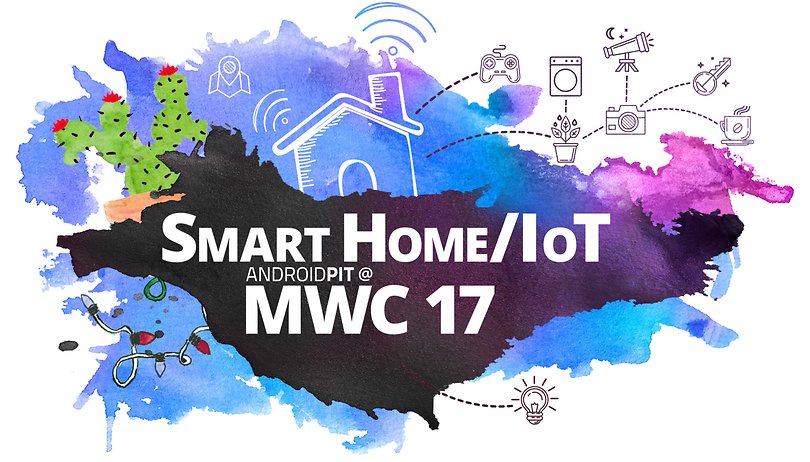

It’s recently been predicted that by 2020 there will be more than 20 billion Internet of Things (IoT)-based devices throughout the entire world. While IoT sounds like something that is far off in the future and shouldn't concern you at a personal level, you’ll soon realize how deeply rooted this technological revolution will be in our daily lives.
Like all innovations, even IoT needs to undergo a trial phase before it is rolled out on a wider scale. During this time we'll find that many the devices we currently use will be affected by this, but not everyone is going to recognize these as being integral parts of the Internet of Things. At home, in the office, at the gym, in the car, at the supermarket: a vast number of connected devices that can collect and analyse data in real time will have a greater impact on or lives than we can possibly imagine. Working, shopping, driving - these will never be the same again.
Immediate and efficient: key words to describe the IoT?
Productivity and efficiency with the fourth industrial revolution
Have you heard of ‘Industry 4.0’? It can be defined as the next phase in digitizing the manufacturing sector that has been driven by the expanding availability of data from connective devices, new forms of human-machine interaction (augmented reality is a great example of this), the strengthening of analytical capabilities and business intelligence which will be a more efficient way to manage production and storage, improved communication between the digital and physical worlds thanks to robots, drones and 3D prints, are all just a few examples.
The ‘industry 4.0’ is a digitalization of processes aiming to maximise the effectiveness and use of resources.
The term was first invented in 2011 by the National Academy of Science and Engineering (Acatech) to identify the initiatives of the German government to develop a strategy for the digitalization of the manufacturing industry. To this, they collaborated with a number of different businesses and institutions: manufacturing technology specialists (Siemens, Bosch, etc.), research centers, the automotive industry, trade unions and a dedicated committee responsible for outlining the strategy. The German ‘Industry 4.0’ initiative is now being examined all over the world.
Imagine a large smart and virtual factory that is capable of both overseeing and completing processes in the physical world, from the most intricate tasks through to the easiest. It’s just an assembly line managed virtually via devices and digital systems that can communicate with each other and, at the same time, communicates with us. Digitalizing processes aims to maximize efficiency and the use of resources.
The European Union has already developed a strategy for the digital transformation of industry to facilitate the use of digital technologies by businesses, and examine the new regulatory that will be connected to this sector. Some countries have are taking more of an interest in this new industrial revolution than others. The evolution of this process will develop progressively over time towards an advanced automated system, based on artificial intelligence.
Working remotely will be much easier
Unless you want a job that requires your physical presence, the IoT will play an important role in enabling people to work remotely. Today, many jobs don’t actually require employees to be physically present in the office, but many businesses are still reluctant to offer this work option. The reason? Unstable connections and too many distractions.
Thanks to IoT and the development of wireless technology, it will be easier to control remote working and manage various types of tasks. It will also be easier to complete various operations in a short period of time with greater precision. Some studies have already shown that employees who work remotely are happier and more productive, an important factor for the businesses.
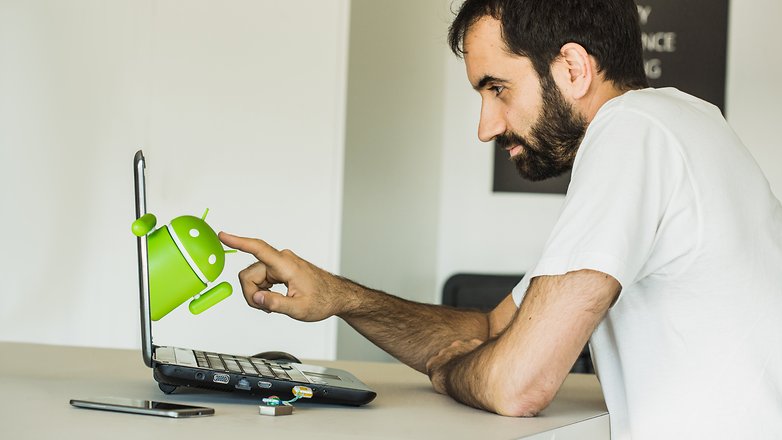
The best shopping experience
Imagine sitting at home on the sofa and buying something online which, thanks to an efficient communication system, will be immediately delivered to you by drone. Or think about AmazonFresh, which has recently started to dispatch fresh vegetables and other products, or Amazon Go, another example which is going in the same direction as it will allow you (for the moment, one shop is open in Seattle and only available to employees, but in 2017 it will open its doors to the public) to do your shopping without having the queue at the cash register or without getting your purse out. Your smartphone and the necessary app will be enough. It’s all possible thanks to a system of sensors and technologies used in cars that self-drive.
Safer streets and more intelligent energy consumption
Self-driving cars are also part of the IoT world. Imagine electric cars that are able to speed up if necessary or slow down if the weather conditions aren’t good, avoid traffic jams, avoid accidents caused by fatigue or even cars that can tell you when you need to change the oil or brakes. There are many pros and cons for self-driving cars but various brands are working on them (Google Volvo, Ford, Uber, and those are just some).
These manufacturers are already testing their prototypes on the roads, some with human drivers as a backup option, and the tests will continue into the coming years. The first vehicles are expected to appear in 2020 but, thanks to smart cities like Barcelona, it’s already possible to make the most of the IoT with smart lights, smart bikes, electric scooters and car sharing, or even smart parking. All this saves time, fuel and, most importantly, reduces stress.
On a more ecological note, IoT will also have a positive impact on energy consumption within the home. ASmart devices that allow us to turn on our lighting and heating at home whenever we want and cut them off when we don’t. Your alarm clock will be automatically set according to your own personal schedule and current traffic conditions, the water will be hot enough in time for you to shower - even the coffee will be ready before you leave the house (have you heard of the Nespresso Prodigio Espresso?). It all sounds too good to be true, right?
A different relationship between the doctor and the patient
Monitoring the state of your health will also be straightforward and much quicker. Thanks to the use of sensors that are integrated into wearables like fitness trackers and clothes, it will now be easier to manage long-term patients following an operation or the elderly, who often require ongoing medical care and monitoring.
In Italy, some associations provide patients or families with kits containing certified medical devices and a tablet for just this purpose. Just an example, the Regina Margherita Hospital in Turin provides children who suffer from cardiac issues with shirts that were capable of monitoring their health. The first smart beds have also now appeared in some hospitals and are able to detect whether a patient is asleep or have got out of bed.
The relationship between doctors and their ability to manage patient care is set to become more dynamic and active - and most importantly, more accurate. It's expected that over time this will reduce the time and money people will expend in both visiting doctors and in being admitted to hospital. It will take some time before it is possible to carry out surgery remotely, but that’s just one of the many objectives IoT will be working towards in the future.
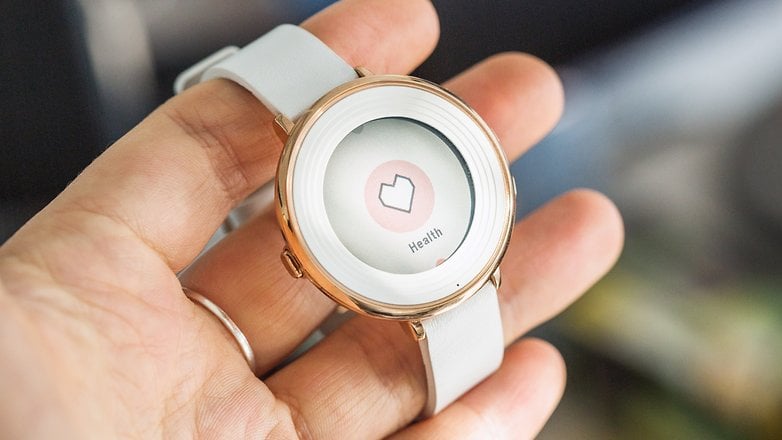
Living in a video game
Andrew Wilson, CEO of Electronic Arts and an amateur video gamer, has been interviewed by The Verge.
As part of an interview with The Verge the CEO of Electronic Arts and amateur video gamer, Andrew Wilson, introduced a scenario that has the potential to drive gamers crazy: that real life could influence the gaming experience. From the moment you get up in the morning through to the moment you go to sleep at night, all your actions and gestures will be able to be translated into elements / lives / skills that can be used in video games. All this is possible, of course, thanks to IoT.
“The number of eggs I have in my connected refrigerator could affect the status of my Sims game. The distance I traveled by car in my Tesla to get to the office could give me more energy on Need for Speed. If I’m going to play football in the afternoon, thanks to my connected shoes, I could have more energy or new cards on FIFA. I think that this gaming world and real life will fuse together in the near future, almost certainly by 2021!". Are you frightened by such a scenario? Or is this something we should be excited about?
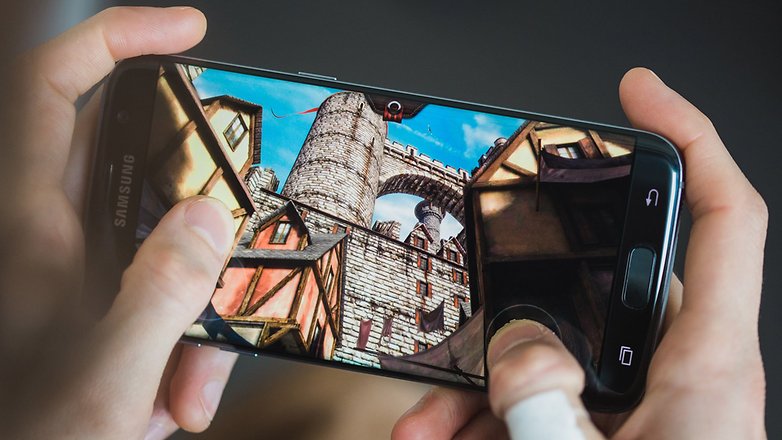
Conclusions
All of these elements are the kind of futuristic scenario Ridley Scott could be working on for his next film, but the reality is that we're already not too far off from being at this point anyway. It will take time to develop these technologies and make them accessible to everyone, but that’s what evolution is all about. The points we've examined here are only a few of the possible affects IoT could have on our daily lives.
That said, as you can probably imagine, there will also be some disadvantages. The main issues to consider in this respect relate to our privacy and security. A connected world that is able to adapt to both our personal needs and our need for information has its advantages, but how can we protect this information?
In a world where each device is connected to the internet and communication between various IoT devices are fast becoming the norm, the first question that comes to mind is: what if something bad happens and one of these devices provides incorrect information or experiences a critical failure? There could be many consequences. The IoT world is still a fascinating reality that we'll become accustomed to and will create a world in which everyone will be able to participate.
What do you expect from the development of this technology? How are you hoping it will improve your everyday life? Let us know in the comments below.








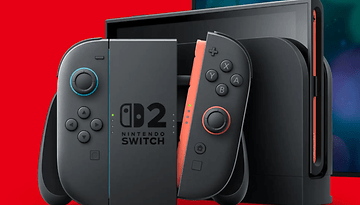


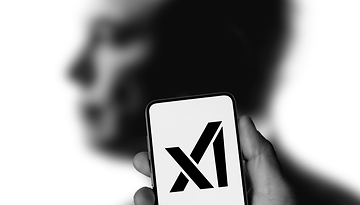

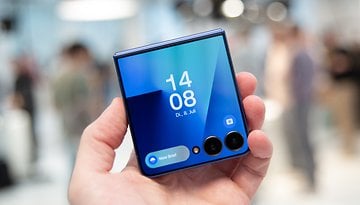


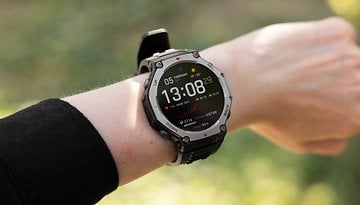



Oh make a nice futher